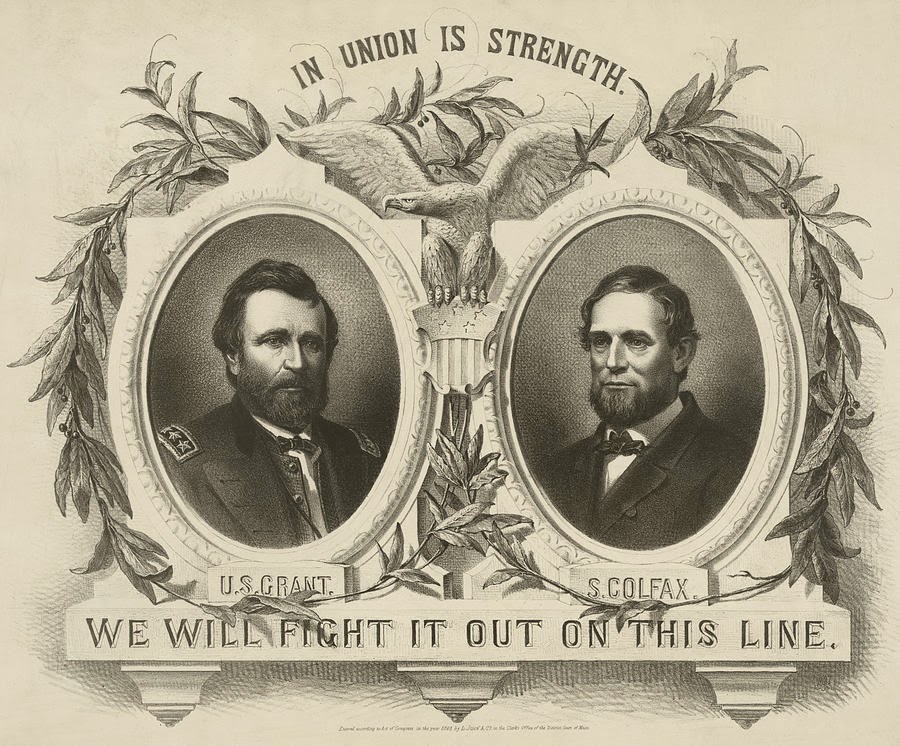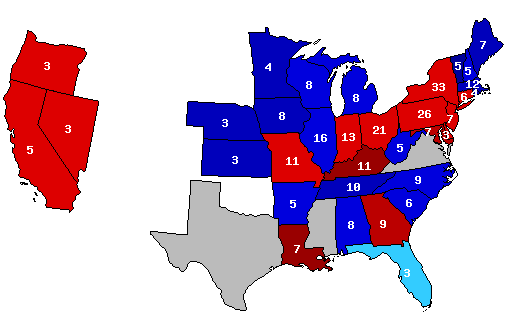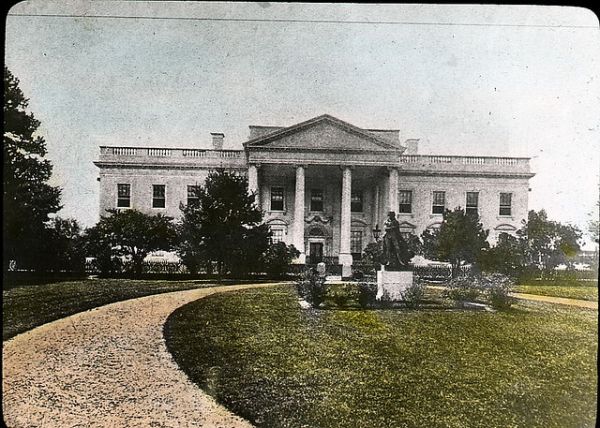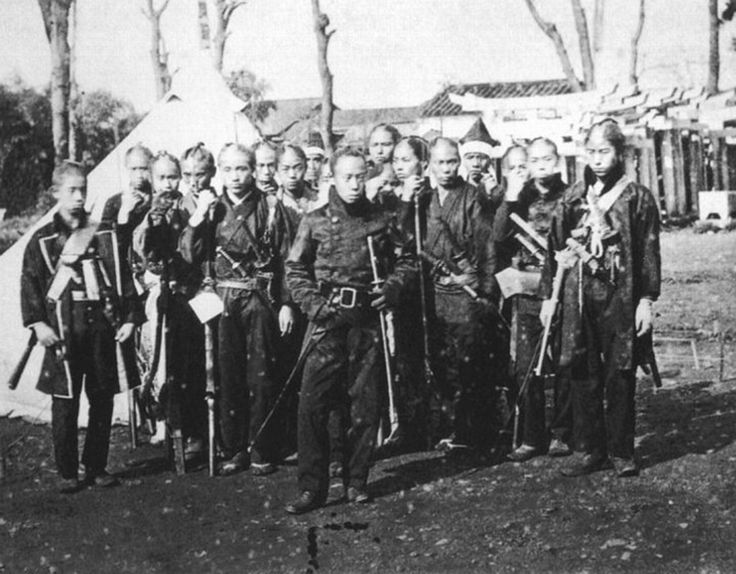U.S. General Election of 1868
Election of 1868:

(An election poster for the Grant/Colfax campaign, 1868)
After the bloody civil war, the United States was tired. Tired of bloodshed, tired of warfare, tired of the same old leadership. With Lincoln dead, the field for competent leadership at the top was looking slimmer by the day. While people were still originally hopeful after the shocking assassination of the much beloved President Lincoln, hopes for a better tomorrow were as quickly vanishing as the talent pool was, under the rule of graft politics. The American people were looking for a unifying leader, one that could repair the nation after its most destructive war to date. In the Republican column, Union War hero Ulysses S. Grant was nominated for the top job (alongside with Congressman Colfax of Minnesota), while the Democratic ticket was Seymour-Hancock. Originally, pollsters expected a Republican sweep due to union supporters rallying around the "Champion of Chattanooga", however, Hancock as the "General at Gettysburg" brought in essentially all the War Democrats back into the Democratic column, turning former shoe in states for Grant such as New York and California into question.
"This race certainly will be a close one. That is all I can predict" - Senator Blaine of Maine
Still, with the South out of play with Reconstruction, a Republican victory was for certain. Seymour and Hancock could revive the party in the north and sweep the border states, but the general consensus was that Grant would succeed the ill-renowned President Johnson. Or so they thought.
"From the wars in New Zealand to the massacre of foreigners in Japan, white racial tension was at an all high time in the middle Victorian era. A period of colonial expansion with recent setbacks as well as in America the collapse of slavery sent shockwaves across the American electorate. More and more Caucasian-Americans saw Seymour and the Democrats as their champion, and old fears of freedman going in droves towards the West and the northern cities frightened the living soul out of the majority of Americans. For the Democratic Union supporter, voting for Seymour was no problem, as by his side was the great war hero Hancock. For the Copperheads, Seymour's role in the 63 New York Draft riots made him their hero, and for the longtime Whig who supported Lincoln, Lincoln fought for the unity of the nation, not the welfare of the freedmen. A new coalition coalesced around Seymour and Hancock, who ran a non-controversial, highly unifying in terms of region yet highly divisive in terms of race campaign, allowing for a surprise victory for Seymour" - A History of Columbia, by David McCullough.
Elections Results:

Seymour/Hancock - 165
Grant/Colfax - 129
The upset victory caused a shock across the nation, and puzzled all foreign commentators. Andrew Johnson immediately resigned and let Seymour, the way more popular politician, take the reigns of control.
"Never before have I seen the winners of a war be so horribly punished" - Napoleon III, Emperor of France.
"At least that rat Johnson is nowhere in sight" - Edwin M. Stanton, Lincoln's Sec. of War
White House, District of Columbia, 1868:

(The White House, 1868. Colorized.)
"Mr. President, what is the urgent matter?"
"The civil war in Japan is of great concern to me. This is our nation's greatest opportunity to enter the bountiful Pacific market, essential for our economic and ultimately social welfare"
"What should I do, Mr. President?"
"Send me generals William Sherman and Joseph Johnston"

(An election poster for the Grant/Colfax campaign, 1868)
After the bloody civil war, the United States was tired. Tired of bloodshed, tired of warfare, tired of the same old leadership. With Lincoln dead, the field for competent leadership at the top was looking slimmer by the day. While people were still originally hopeful after the shocking assassination of the much beloved President Lincoln, hopes for a better tomorrow were as quickly vanishing as the talent pool was, under the rule of graft politics. The American people were looking for a unifying leader, one that could repair the nation after its most destructive war to date. In the Republican column, Union War hero Ulysses S. Grant was nominated for the top job (alongside with Congressman Colfax of Minnesota), while the Democratic ticket was Seymour-Hancock. Originally, pollsters expected a Republican sweep due to union supporters rallying around the "Champion of Chattanooga", however, Hancock as the "General at Gettysburg" brought in essentially all the War Democrats back into the Democratic column, turning former shoe in states for Grant such as New York and California into question.
"This race certainly will be a close one. That is all I can predict" - Senator Blaine of Maine
Still, with the South out of play with Reconstruction, a Republican victory was for certain. Seymour and Hancock could revive the party in the north and sweep the border states, but the general consensus was that Grant would succeed the ill-renowned President Johnson. Or so they thought.
"From the wars in New Zealand to the massacre of foreigners in Japan, white racial tension was at an all high time in the middle Victorian era. A period of colonial expansion with recent setbacks as well as in America the collapse of slavery sent shockwaves across the American electorate. More and more Caucasian-Americans saw Seymour and the Democrats as their champion, and old fears of freedman going in droves towards the West and the northern cities frightened the living soul out of the majority of Americans. For the Democratic Union supporter, voting for Seymour was no problem, as by his side was the great war hero Hancock. For the Copperheads, Seymour's role in the 63 New York Draft riots made him their hero, and for the longtime Whig who supported Lincoln, Lincoln fought for the unity of the nation, not the welfare of the freedmen. A new coalition coalesced around Seymour and Hancock, who ran a non-controversial, highly unifying in terms of region yet highly divisive in terms of race campaign, allowing for a surprise victory for Seymour" - A History of Columbia, by David McCullough.
Elections Results:
Seymour/Hancock - 165
Grant/Colfax - 129
The upset victory caused a shock across the nation, and puzzled all foreign commentators. Andrew Johnson immediately resigned and let Seymour, the way more popular politician, take the reigns of control.
"Never before have I seen the winners of a war be so horribly punished" - Napoleon III, Emperor of France.
"At least that rat Johnson is nowhere in sight" - Edwin M. Stanton, Lincoln's Sec. of War
White House, District of Columbia, 1868:

(The White House, 1868. Colorized.)
"Mr. President, what is the urgent matter?"
"The civil war in Japan is of great concern to me. This is our nation's greatest opportunity to enter the bountiful Pacific market, essential for our economic and ultimately social welfare"
"What should I do, Mr. President?"
"Send me generals William Sherman and Joseph Johnston"
Last edited:

